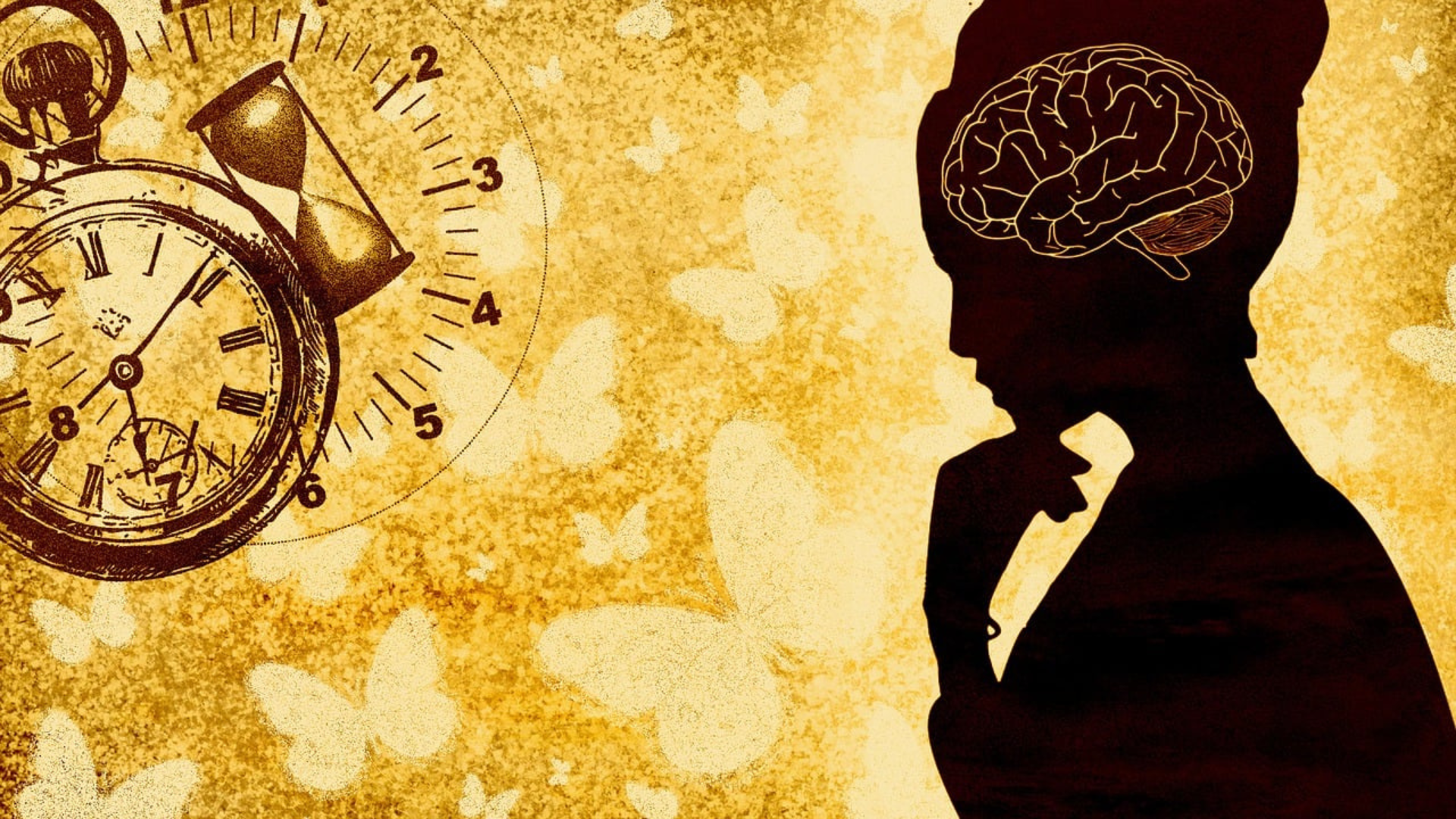How Our Perception of Mental Health Has Changed Over Time
(And Where We Still Get It Wrong)
Mental health has always been a part of human existence, but how we understand, treat, and talk about it has evolved dramatically. From ancient superstitions to modern neuroscience, society’s view of mental health has shifted from fear and misunderstanding to awareness and acceptance- though there is still much work to be done.
In this blog, we’ll take a historical look at how mental health has been perceived through the ages, how attitudes are changing, and where we still get it wrong today.
A Brief History of Mental Health Perceptions
Ancient Beliefs: Mental Illness as a Curse or Possession
In ancient civilisations, mental illness was often seen as a spiritual issue rather than a medical one.
- In Ancient Greece and Rome, philosophers like Hippocrates proposed that mental illness was caused by an imbalance of bodily fluids, or “humours.” This was a step forward, but treatments were still primitive.
- In the Middle Ages, mental illness was often attributed to demonic possession or moral failing. “Treatment” could involve exorcisms, isolation, or even execution.
- 17th–19th Century: The rise of asylums meant that those with mental illness were locked away rather than understood. Harsh treatments like bloodletting, lobotomies, and electroshock therapy were common.
The 20th Century: The Rise of Psychiatry & Therapy
By the 20th century, scientific understanding of mental health began to improve.
- Freud introduced psychoanalysis, shifting the conversation from supernatural causes to subconscious thoughts and emotions.
- The 1950s saw the development of psychiatric medications, such as antidepressants and antipsychotics.
- By the 1980s–90s, cognitive behavioural therapy emerged, offering structured approaches to managing mental health conditions.
While mental health care became more compassionate, stigma remained high, and many conditions were still misunderstood.
Where We Are Now: The Progress We’ve Made
Breaking the Silence on Mental Health
Over the last two decades, mental health conversations have become more open and widespread, thanks to:
- Celebrities and public figures speaking out (e.g., Prince Harry, Simone Biles).
- Global awareness campaigns like World Mental Health Day.
- Workplace well-being initiatives and mental health days becoming more common.
A Mental Health Foundation survey (2023) found that 78% of UK adults believe mental health is just as important as physical health.
Advances in Mental Health Research
We now understand mental health as a complex interaction of biology, psychology, and environment. Neuroscience has shown:
- Brain chemistry and genetics play a role in conditions like depression and ADHD.
- Therapies like CBT and mindfulness are scientifically proven to improve mental well-being.
- Medication, therapy, and lifestyle changes work best when combined.
This means mental health struggles are not a choice– they are medical conditions that deserve real support.
Where We Still Get It Wrong
Despite progress, stigma and misconceptions persist. Here’s where we still have work to do:
Toxic Positivity & Mental Health Myths
Phrases like “Just think positive” or “Happiness is a choice” dismiss the reality of conditions like anxiety and depression. Toxic positivity can be harmful by making people feel guilty for struggling.
What to do instead? Validate emotions and promote mental resilience, not forced optimism.
Lack of Access to Mental Health Care
1 in 4 people in the UK experience a mental health condition each year, but NHS waiting lists for therapy can be months long.
More needs to be done to make mental health care accessible, affordable, and timely.
Workplace & School Stigma
While many workplaces now offer mental health support, stigma still exists. Employees may fear judgment for taking mental health days, and neurodivergent individuals often struggle with a lack of accommodations.
How to improve? Normalise mental health discussions at work and in schools, ensuring people get support without discrimination.
The Future of Mental Health: Digital Tools
One of the most promising developments in mental health support is digital resilience training, which teaches people how to manage stress, emotions, and mental health challenges in a proactive way.
eQuoo is an award-winning mental health app that helps users build:
- Emotional resilience through interactive storytelling.
- CBT-based techniques to handle stress, anxiety, and personal growth.
- Develops relationship skills – Enhancing communication, empathy, and conflict resolution.
The Resilience Development Programme
The CPD-Certified Resilience Development Programme is a science-backed digital mental health tool designed to:
- Help people build resilience and emotional flexibility.
- Provide accessible, structured mental health support for those struggling.
- Offer practical coping strategies for anxiety, stress, and self-doubt.
The Journey Towards Better Mental Health Understanding
We’ve come a long way in how we perceive mental health, but there is still work to do.
- Mental health is just as important as physical health.
- Seeking support is a strength, not a weakness.
- We must continue fighting stigma, increasing accessibility, and embracing resilience-based support.
The future of mental health lies in awareness, acceptance, and action- so let’s keep the conversation going.
Explore our CPD-Certified Resilience Development Programme to start your journey today.


